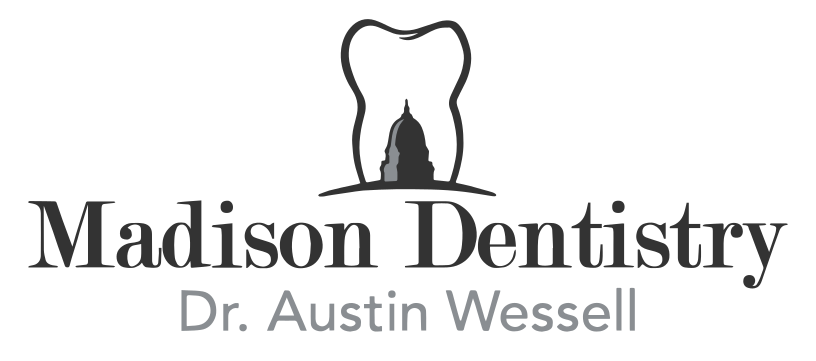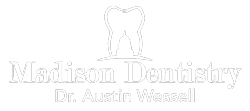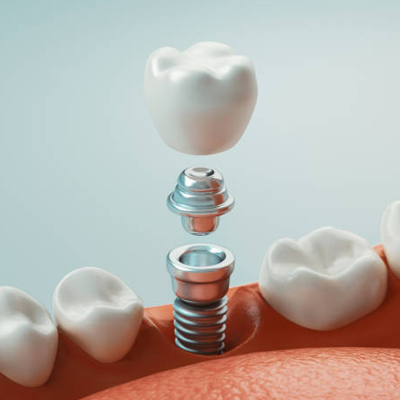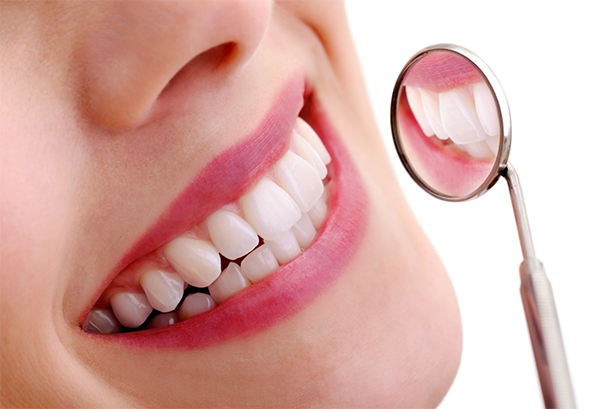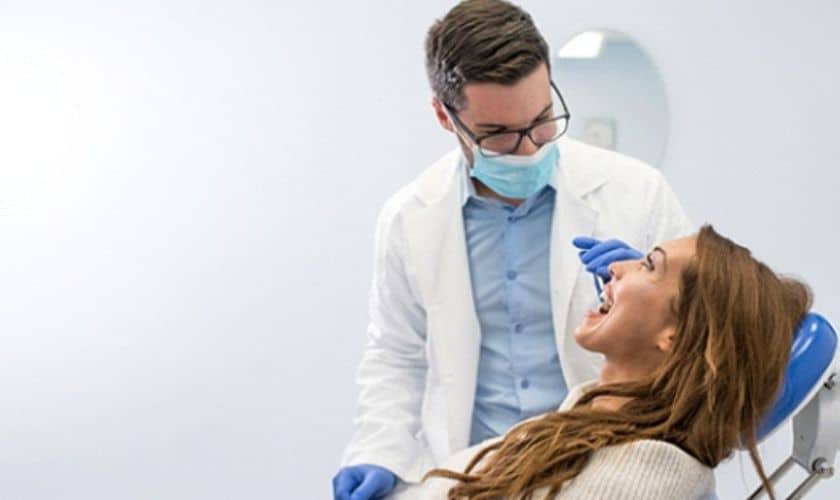
Do you know the saying, “Prevention is better than cure”? Well, when it comes to oral infections and dental emergencies, this statement rings truer than ever. From excruciating toothaches to swollen gums or even broken teeth – these unexpected situations can leave us in unimaginable discomfort and longing for immediate relief. That’s why today we’re diving deep into understanding the risks associated with oral infections and dental emergencies, equipping you with the knowledge needed to protect your precious pearly whites. So get ready for an enlightening journey where we rediscover the importance of an emergency dentist.
The Landscape of Oral Infections:
Understanding Oral Infections:
Oral infections encompass a range of conditions, from common gum infections like gingivitis to more severe issues such as dental abscesses. The causes are diverse, often stemming from poor oral hygiene practices, compromised immune systems, or untreated dental issues. Recognizing the early signs of an oral infection is paramount, as it allows for timely intervention and prevents the escalation of the problem.
Preventive Measures:
Prevention is the first line of defense against oral infections. Regular dental check-ups, professional cleanings, and maintaining a robust oral hygiene routine significantly reduce the risk. Brushing, flossing, and using antiseptic mouthwash daily help eliminate bacteria, plaque, and other factors contributing to infections. Additionally, a well-balanced diet and avoiding harmful habits like tobacco use contribute to overall oral health.
Dental Emergencies: A Call to Action:
Types of Dental Emergencies:
Dental emergencies can range from sudden toothaches to traumatic injuries. Recognizing the urgency of these situations is crucial for seeking immediate professional assistance from an emergency dentist. Common dental emergencies include:
- severe toothaches
- knocked-out teeth
- chipped or broken teeth
- injuries to the soft tissues of the mouth.
Immediate Responses:
When faced with a dental emergency, swift and appropriate action can make a significant difference in the outcome. For a knocked-out tooth, preserving it in milk or saliva and seeking immediate dental attention increases the chances of successful re-implantation. Severe toothaches may require over-the-counter pain relief and a prompt visit to the emergency dentist. In any emergency, contacting your dentist for guidance is essential.
Prevention: The First Line of Defense:
Regular Dental Check-ups:
Prevention is always preferable to dealing with the aftermath of oral health issues. Regular dental check-ups allow professionals to identify and address potential problems before they escalate. These visits often include cleanings, examinations, and personalized advice on maintaining optimal oral health.
Healthy Lifestyle Habits:
Adopting a healthy lifestyle contributes significantly to preventing oral infections and emergencies. A diet rich in vitamins and minerals, limiting sugary foods and beverages, and staying hydrated support overall oral health. Additionally, avoiding tobacco and moderating alcohol consumption play pivotal roles in preventing dental issues.
When Prevention Isn’t Enough: Recognizing the Signs:
Early Signs of Trouble:
Despite our best efforts, situations may arise where prevention falls short. Recognizing the signs of potential trouble is crucial. Persistent tooth pain, swelling, bleeding gums, or changes in the color of the gums are indicators that something may be amiss. Ignoring these signs can lead to the escalation of manageable conditions into dental emergencies.
Seeking Professional Help
When faced with signs of trouble, seeking professional dental help is paramount. An emergency dentist has the expertise to diagnose and treat a wide range of oral health issues. Ignoring symptoms or attempting self-diagnosis and treatment can exacerbate the problem, leading to more significant complications.
Understanding the risks associated with oral infections and dental emergencies empowers individuals to take charge of their oral health. Prevention, through regular dental check-ups and adopting healthy lifestyle habits, remains the most effective strategy. However, being informed about potential risks and knowing how to respond to emergencies ensures a proactive approach to oral health.
In the journey to maintain a healthy smile, knowledge is a powerful ally. By understanding the risks, adopting preventive measures, and knowing what to do in emergencies, individuals can navigate the complexities of oral health with confidence. Remember, a healthy smile is not just a reflection of good oral hygiene; it’s a testament to your commitment to overall well-being.
